Fools have a habit of believing that everything written by a famous author is admirable. For my part I read only to please myself and like only what suits my taste.
Voltaire, Candide (1759).
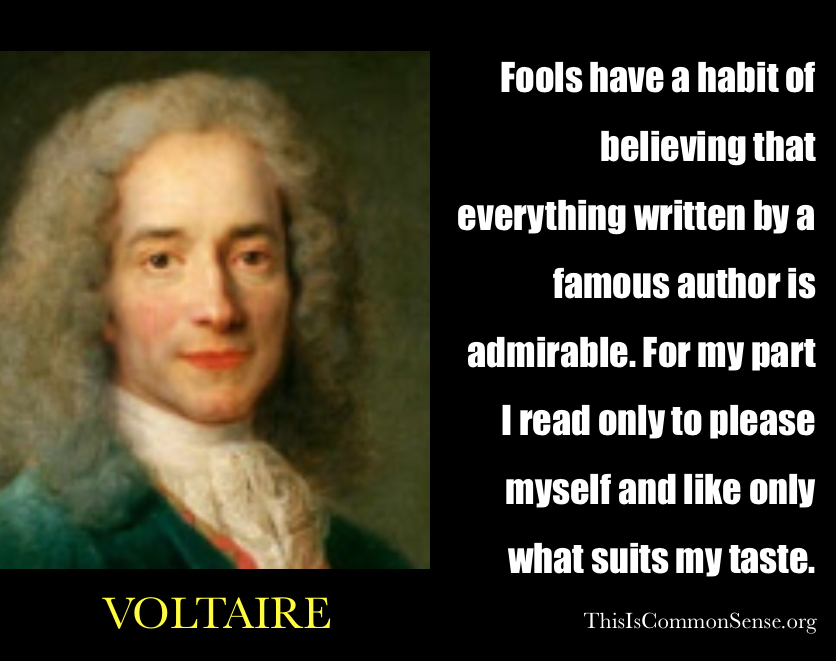

Fools have a habit of believing that everything written by a famous author is admirable. For my part I read only to please myself and like only what suits my taste.
Voltaire, Candide (1759).
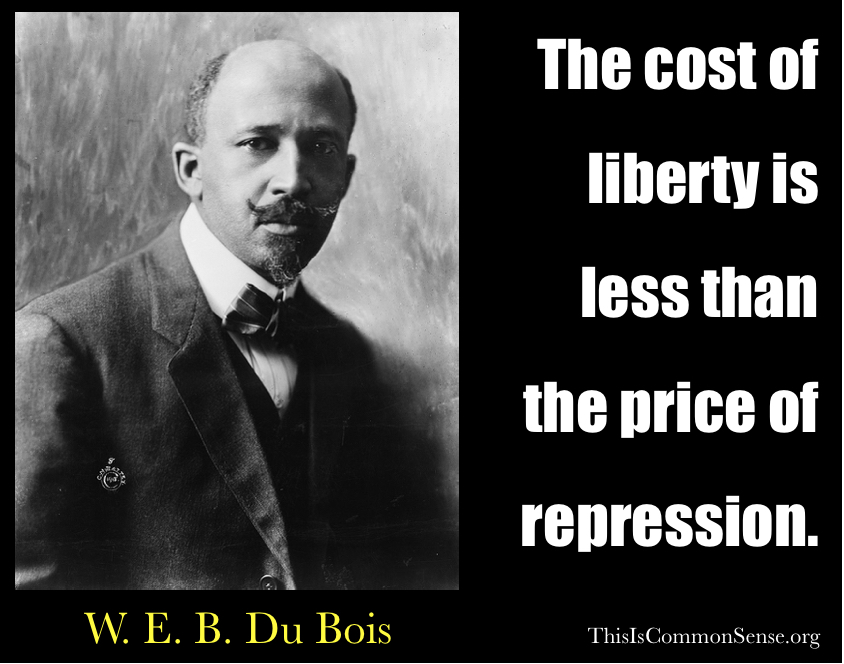
The cost of liberty is less than the price of repression.
W. E. B. Du Bois, John Brown: A Biography (1909): “The Legacy of John Brown.”
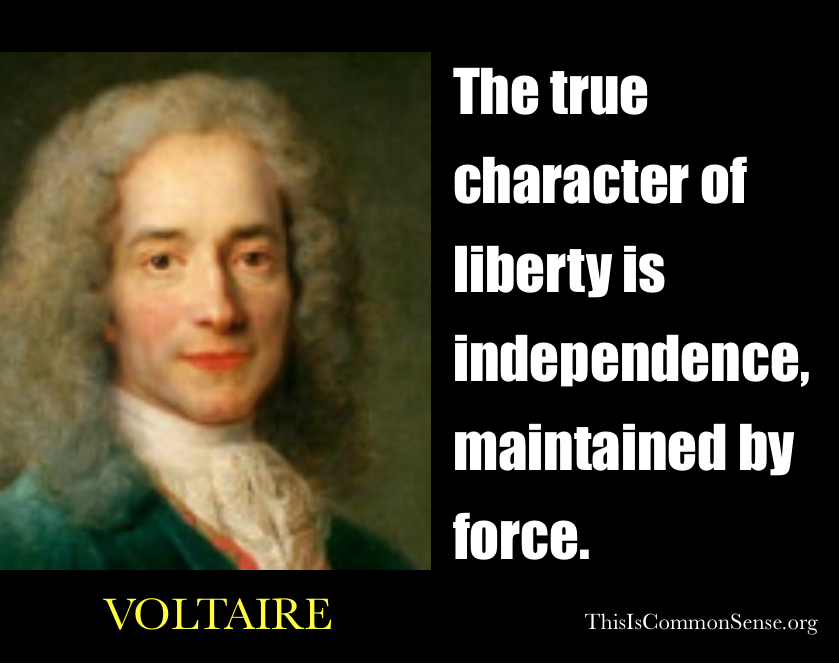
The true character of liberty is independence, maintained by force.
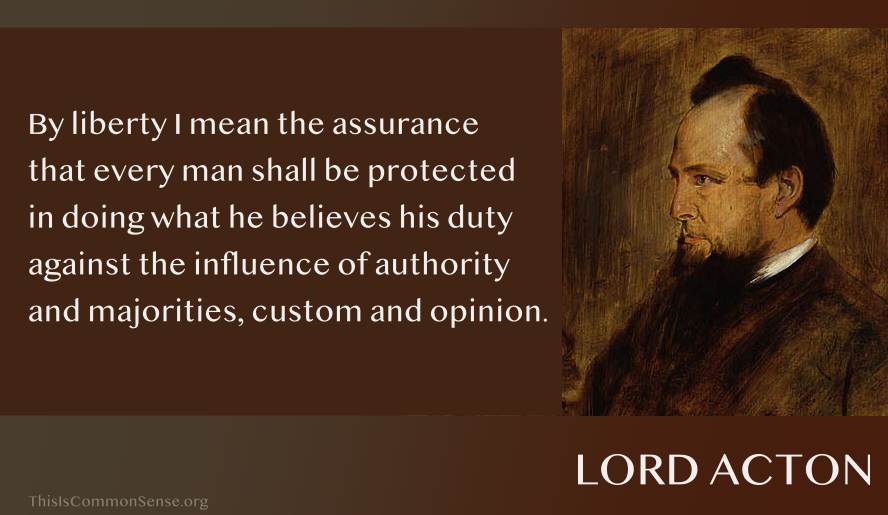
By liberty I mean the assurance that every man shall be protected in doing what he believes his duty against the influence of authority and majorities, custom and opinion.
Lord Acton, The History of Freedom in Antiquity (1877).
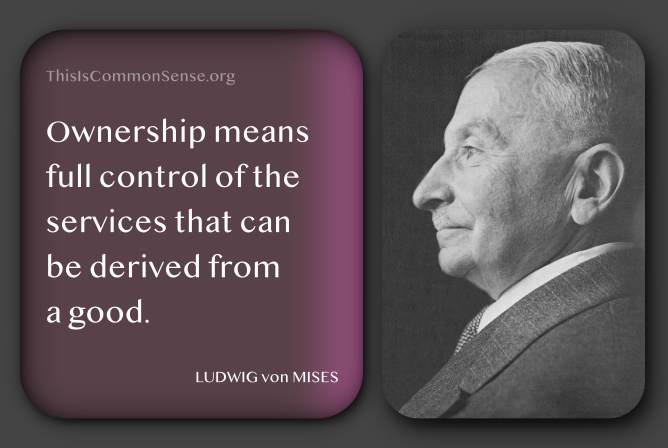
Ownership means full control of the services that can be derived from a good. This catallactic notion of ownership and property rights is not to be confused with the legal definition of ownership and property rights as stated in the laws of various countries. It was the idea of legislators and courts to define the legal concept of property in such a way as to give to the proprietor full protection by the governmental apparatus of coercion and compulsion, and to prevent anybody from encroaching upon his rights. As far as this purpose was adequately realized, the legal concept of property rights corresponded to the catallactic concept.
Ludwig von Mises (1881 – 1973), Human Action: A Treatise on Economics, Scholar’s Edition (1998), first edition published in 1949. “Catallactic” derives from “Catallactics,” a term invented by Richard Whately (1787 – 1863) as an improvement on “Political Economy”; “catallactic” means “pertaining to exchanges” (trade).
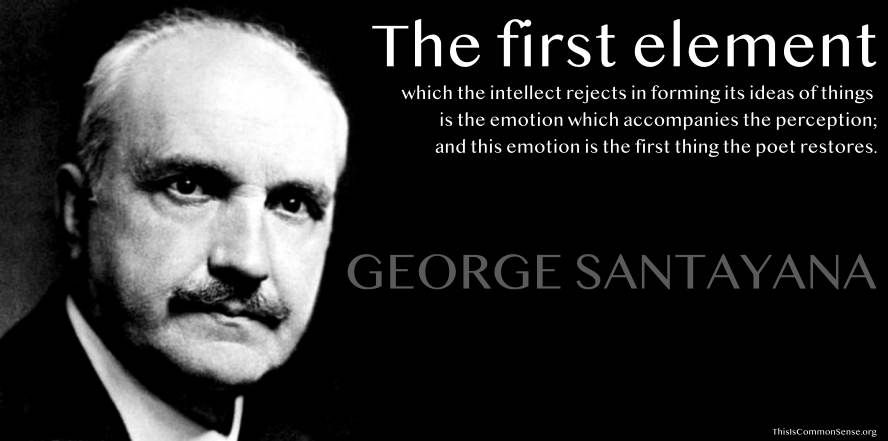
Out of the neglected riches of this dream the poet fetches his wares. He dips into the chaos that underlies the rational shell of the world and brings up some superfluous image, some emotion dropped by the way, and reattaches it to the present object; he reinstates things unnecessary, he emphasizes things ignored, he paints in again into the landscape the tints which the intellect has allowed to fade from it. If he seems sometimes to obscure a fact, it is only because he is restoring an experience. The first element which the intellect rejects in forming its ideas of things is the emotion which accompanies the perception; and this emotion is the first thing the poet restores.
George Santayana, “The Elements of Poetry,” in L. Pearsall Smith, editor, Little Essays Drawn from the Writings of George Santayana, as reprinted in Modern Essays (1921), Christopher Morley, editor.